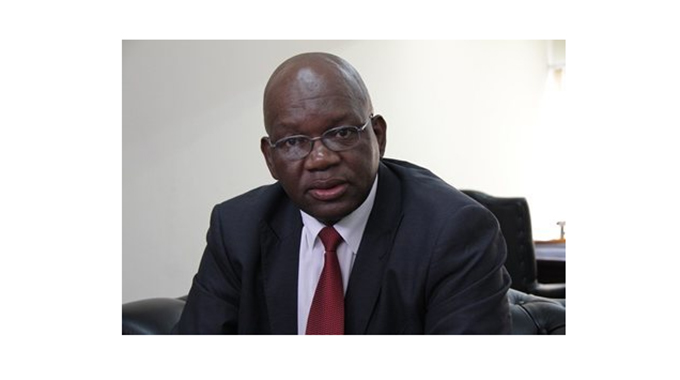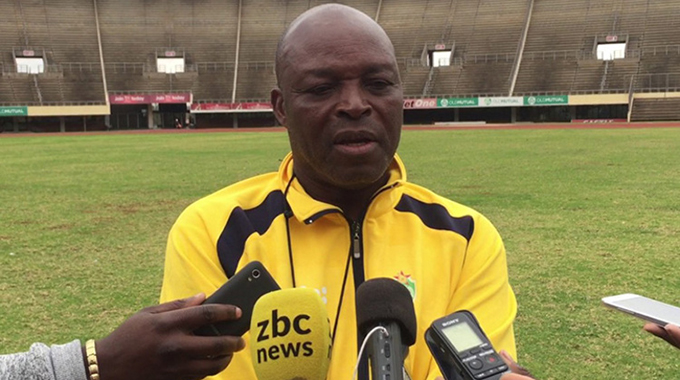EDITORIAL COMMENT: Another milestone for gender parity

IT was another celebratory week for women on the continent as Ethiopia’s Prime Minister Abiy Ahmed on Tuesday announced a very radical reshuffle; that saw women occupying 50 percent of the cabinet positions. He also made sure that a number of the women hold key cabinet posts.
This included the defence portfolio, which has remained male dominated globally except here in Zimbabwe where Minister Oppah Muchinguri-Kashiri made history.
Not only was this historic, but it was also a show of leadership, considering that Ethiopia is the home of the African Union, where recommendations on gender mainstreaming have been passed ad infinitum since the formation of the Organisation of African Union in 1963.
Over a month ago, Zimbabweans also witnessed a new-look Cabinet with President Mnangagwa appointing six female Cabinet ministers, with some of them leading strategic portfolios such as Defence and Information, Publicity and Broadcasting Services.
Minister Monica Mutsvangwa, who heads the latter ministry, also made history since she became the first woman Cabinet minister to apprise the nation of Cabinet’s key deliberations on a weekly basis.
Before them is Rwanda’s President Paul Kagame, who is also the rotational African Union chairperson who made deliberate moves to ensure that there is equal gender representation in his government.
Even developed countries have attested that in Rwanda there is gender parity, since it is the only country in the world with a majority of women cabinet ministers.
The elevation of women into key decision-making positions is testament that women are just as capable as their male counterparts when the playing field is levelled.
As the Ethiopian leader remarked: “Our women ministers will disprove the old adage that women can’t lead.”
This is not only refreshing, but is a major recognition of the work done by thousands of women on the continent who pioneered the struggle for gender equity and justice.
If the trend is sustained in Zimbabwe and the continent at large, it will see the success of the African Union’s Agenda 2063’s mantra, “The Africa We Want”.
One of the aspirations in the Agenda 2063 document is that the “Africa of 2063 will have full gender parity, with women occupying at least 50 percent of elected public offices at all levels and half of managerial positions in the public and the private sector. The economic and political glass ceiling that restricted women’s progress would have been shattered.”
Thus African leaders who are increasing the number of women who hold positions of leadership in government should not only be commended, but should be seen as change agents together with the women; and, they should be encouraged to ensure that their pioneering work will continue to bear fruit even after they leave office.
If governments also become the torch-bearers in promoting gender equity, and making sure that women hold key policymaking positions, this will naturally cascade down to all spheres of life.
When companies see that a woman can acquit herself well as minister of defence, where most of the personnel are male, they would do the same by appointing women chief executive officers, to lead their organisations.
Although it seems as though attaining the 50-50 parity is a tall order, the truth of the matter is that this is possible even before 2063, as long as there are equal opportunities on the empowerment of both the boy and girl child.
As women toast these strides, they should also remember that “a journey of a thousand miles begins with a single step”; and that “Rome was not built in a day”.









Comments